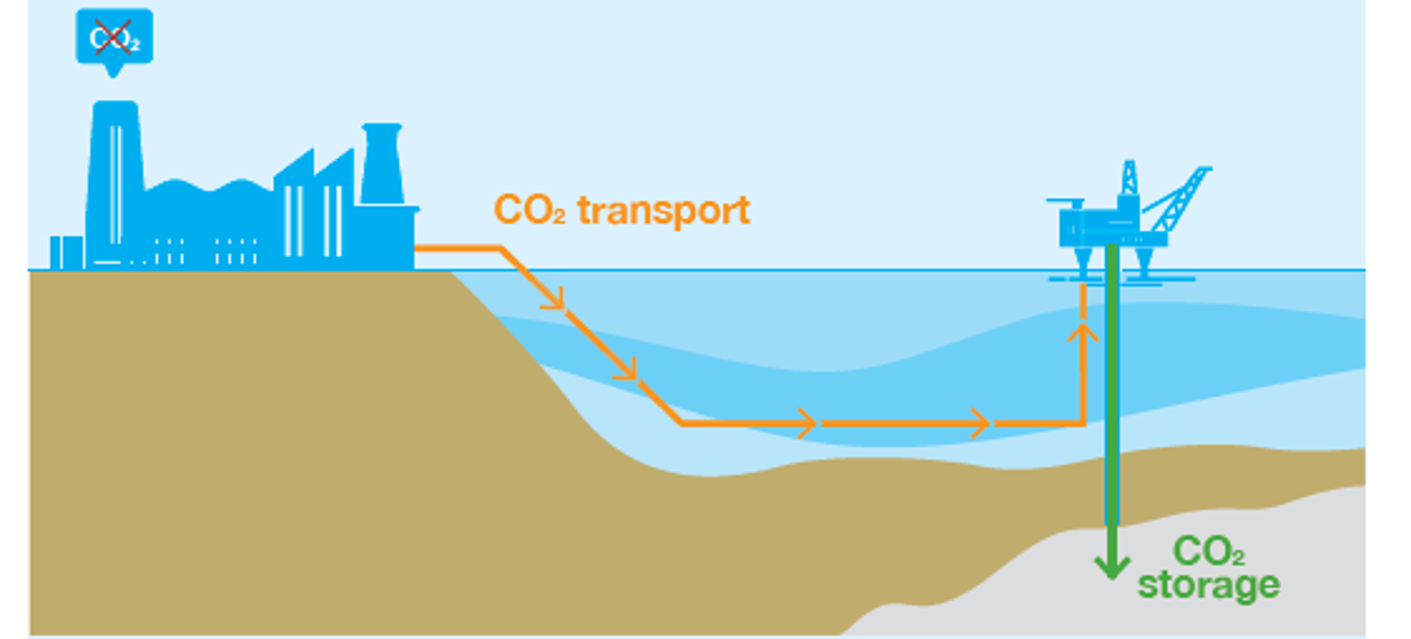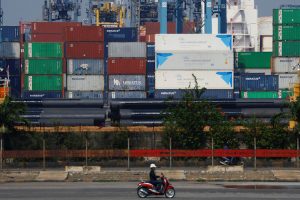Malaysia’s state oil firm Petroliam Nasional Berhad (Petronas) on Tuesday signed an agreement with a subsidiary of Royal Dutch Shell to collaborate on carbon capture and storage (CCS) in the Southeast Asian country and the region.
Under the Joint Study and Collaboration Agreement, Petronas and Sarawak Shell Berhad will perform an integrated CCS Area Development Plan study in several locations off Sarawak, Petronas said in a statement.
“This is one of the many efforts to position and establish Malaysia as a leading CCS solutions hub in the region,” Adif Zulkifli, Petronas’ executive vice-president and CEO of Upstream.
Petronas said the scope of the agreement includes exploring the provision of decarbonisation service to Shell’s local and cross-border facilities, as well as to other potential regional customers.
Petronas last year signed a memorandum of understanding (MoU) with ExxonMobil Exploration and Production Malaysia Inc, and another with POSCO International Corporation and POSCO Engineering & Construction Co Ltd to explore opportunities in CCS technologies.
Doubts about CCS
While carbon capture and storage aims to reduce the impact of burning fossil fuels, environmental groups such as Greenpeace have described it as a ‘false hope‘ because “the technology is largely unproven and will not be ready in time to save the climate”.
They say storing carbon underground is expensive, wastes energy and is risky, because permanent storage cannot be guaranteed.
“The earliest possibility for deployment of CCS at utility scale is not expected before 2030,” Greenpeace said a report over a decade ago.
“Concerns about the feasibility, costs, safety, and liability of CCS make it a dangerous gamble. A survey of 1000 ‘climate decision-makers and influencers’ around the world reveals substantial doubt in the ability of CCS to deliver,” it said.
“The real solutions to stopping dangerous climate change lie in renewable energy and energy efficiency that can start protecting the climate today.”
A more recent study of CCS, released by One Earth last November, said: “Carbon capture and storage (CCS) has been consistently heralded to directly address emissions from the energy and industrial sectors and forms a significant component of plans to reach net-zero. However, despite the critical importance of the technology and substantial research and development to date, CCS deployment has been slow.
“Facility deployment must increase dramatically from current levels, and much work remains to maximize storage of CO2 in vast subsurface reserves. Using current rates of deployment, CO2 storage capacity by 2050 is projected to be around 700 million tons per year, just 10% of what is required.”
- Reuters with additional editing by Jim Pollard
ALSO READ:
Sinopec hits the gas on China’s biggest carbon-capture project
ExxonMobil Calls For Carbon Price, Working On CCS Projects In Asia
Steelmaker China Baowu Forges Ahead With $7.74bn Carbon Fund
























